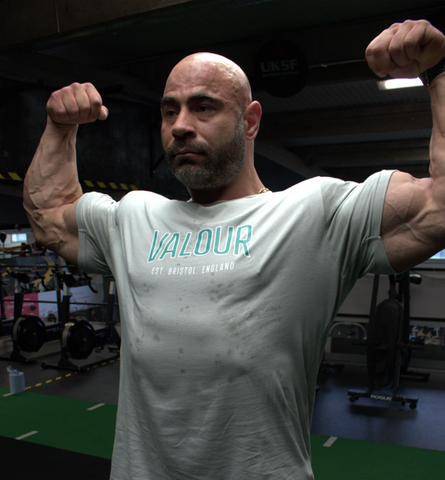How Much Protein Do You Really Need for Bodybuilding?
If you're into bodybuilding, you probably know that protein is the king of nutrients. It's the building block of muscles and an essential component of any serious bodybuilder's diet. But just how much protein do you really need to maximize your gains?
The answer isn't as straightforward as you might think. While many people swear by the "more is better" approach, consuming excessive amounts of protein won't necessarily lead to bigger muscles. In fact, consuming too much protein can strain your kidneys and liver and may even lead to weight gain.
So, how much protein should you consume for bodybuilding?
Understanding Protein Requirements
The amount of protein you need depends on several factors, including your age, sex, weight, goals, and level of physical activity. However, a good rule of thumb for most bodybuilders is to aim for 1.6 to 2.2 grams of protein per kilogram of body weight per day.
For example, if you weigh 70 kilograms (154 pounds), you should aim to consume between 112 and 154 grams of protein per day.
The Importance of Timing
When it comes to bodybuilding, timing is everything, and that includes when you consume your protein. To maximize muscle growth, it's essential to spread your protein intake throughout the day and consume protein-rich foods or supplements:
-
Before a workout: Consuming protein before a workout can help fuel your muscles and prevent muscle breakdown during exercise. Aim to consume a protein-rich meal or snack about 1-2 hours before hitting the gym.
-
After a workout: Your muscles need protein to repair and grow after a workout. Consuming a protein-rich meal or shake within 30 minutes to an hour after your workout can help replenish your muscles and promote recovery.
-
Before bed: Consuming protein before bed can help prevent muscle breakdown overnight and promote muscle growth while you sleep. Consider having a protein-rich snack such as Greek yogurt, cottage cheese, or a protein shake before hitting the hay.
Quality Matters
Not all proteins are created equal. While it's essential to consume enough protein, it's equally important to focus on quality. Aim to get your protein from a variety of sources, including:
- Lean meats such as chicken, turkey, and fish
- Eggs and dairy products
- Plant-based sources such as beans, lentils, tofu, and tempeh
- Protein supplements such as whey protein, casein protein, and plant-based protein powders
Listen to Your Body
Ultimately, the amount of protein you need depends on your individual goals, preferences, and how your body responds to different levels of protein intake. Pay attention to how your body feels and performs, and adjust your protein intake accordingly.
If you're unsure how much protein you should be consuming, consider consulting with a registered dietitian or nutritionist who can help you develop a personalized nutrition plan based on your individual needs and goals.
In conclusion, while protein is essential for muscle growth and recovery, more isn't always better. By focusing on quality protein sources, spreading your intake throughout the day, and listening to your body, you can optimize your protein intake and maximize your gains without overdoing it.




